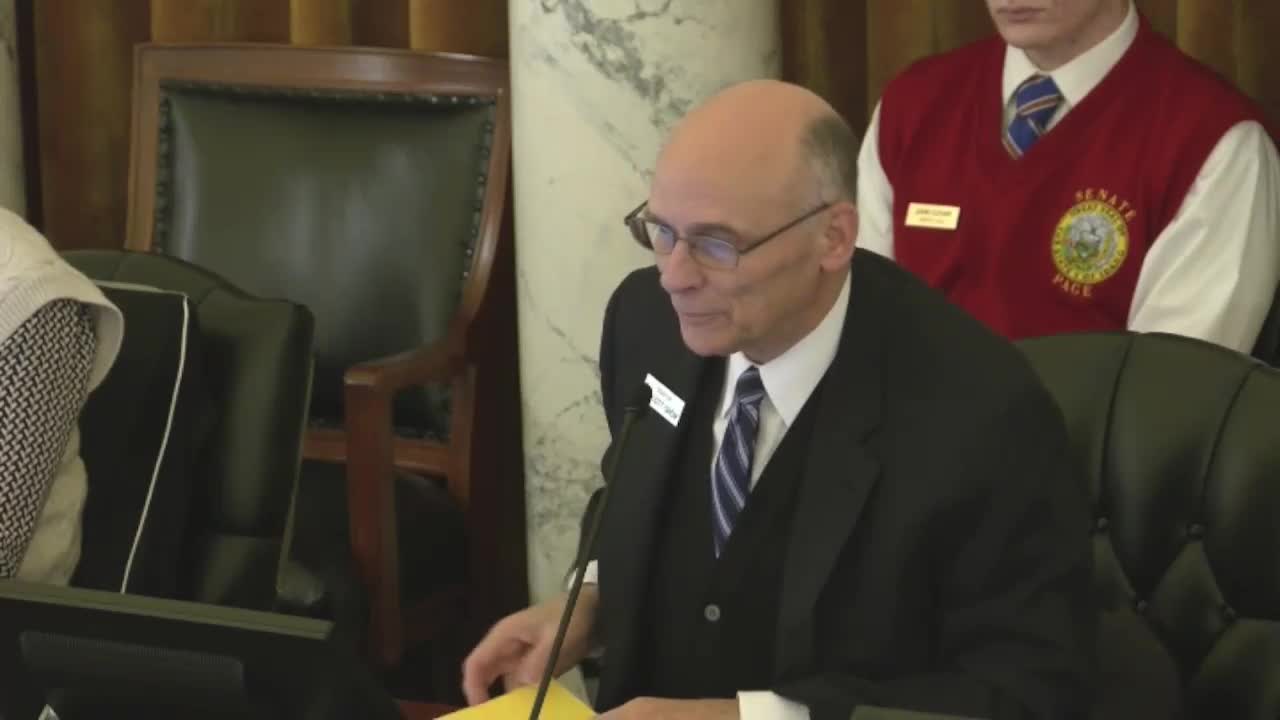JFAC staff outline 10 program-maintenance appropriation bills, schedule and decision framework

Summary
JFAC staff presented the rationale and schedule for dividing program maintenance appropriations into 10 bills, explained what items are included in maintenance vs. enhancement bills, and noted process changes to improve transparency.
Keith Bybee, Division Manager of Budget Policy Analysis, told the Joint Finance-Appropriations Committee that program maintenance appropriations will be organized into 10 functional bills covering state government areas such as general government, statewide elected officials, judicial branch, public safety, public school support, higher education (Board of Education agencies), Health and Human Services, Natural Resources, and Economic Development.
Bybee explained the committee’s rationale: some entities (the legislative branch and statewide elected officials) are grouped separately because they do not fit neatly in executive-branch functional groupings; the judicial branch and public safety also receive separate treatment for organizational clarity. The maintenance bills start with the FY2026 base appropriation and add a narrow set of “building block” adjustments: benefit cost adjustments (including the Change in Employee Compensation items), contract inflation (ongoing contracts and leases), statewide cost allocation (SWCAP) reimbursement changes, and other adjustments the committee identifies. The CEC adjustments will be incorporated into the maintenance bills this year rather than split out separately, Bybee said.
Bybee said items formerly labeled “non-discretionary” will be called “population forecast adjustments” and moved to enhancement bills (examples: school support unit counts, Medicaid enrollment adjustments) so the committee can examine projected growth rather than treating it as automatic maintenance. Replacement items, including IT replacement requests, will be separated into distinct decision units to give the committee greater visibility into cyber-security and capital-replacement spending.
Bybee outlined the schedule: an initial hearing to describe the program-maintenance packet on Wednesday, with decision-making scheduled for Friday, Jan. 17. Members should review legislative budget book materials in advance; staff will provide bills and data so members can consider the statewide fiscal impact by fund source.
The staff noted that setting program maintenance does not preclude adding or subtracting items later; the committee can restructure or create new appropriations (the Department of Commerce/Office of Broadband split from the Commerce appropriation last year was cited as an example).
Co-chairs and members asked procedural questions about reordering the agenda to accommodate presenters; the committee approved a request to reorder the meeting agenda by unanimous consent.
—Ending—

